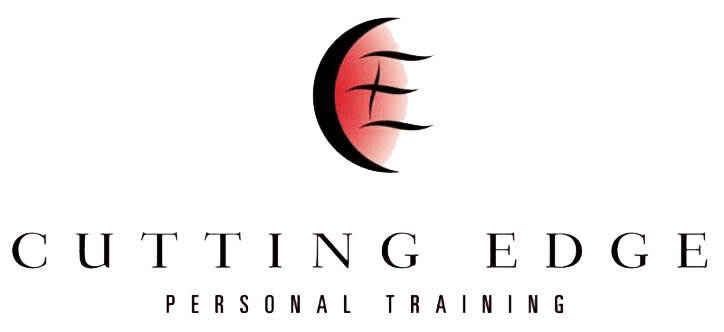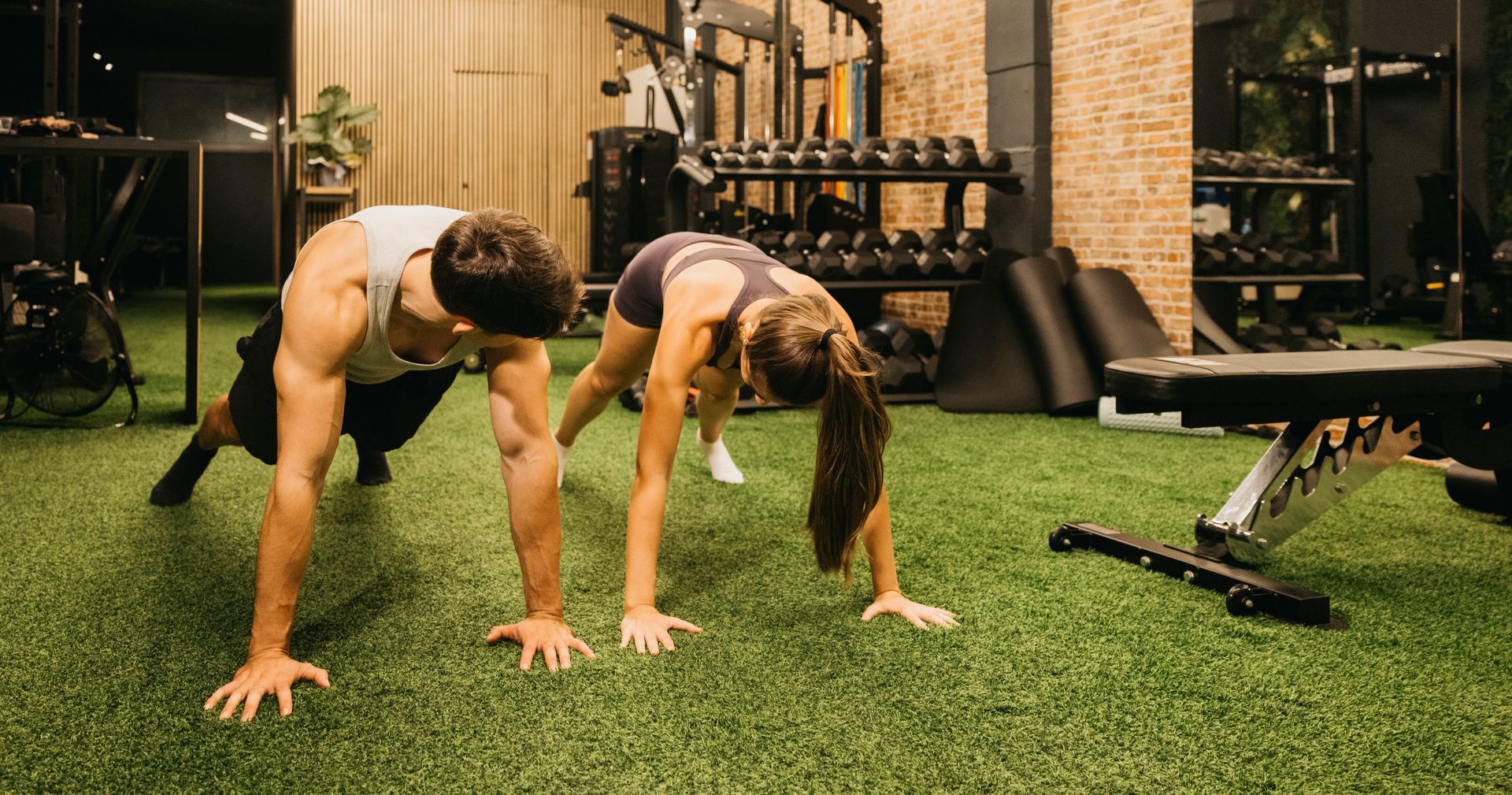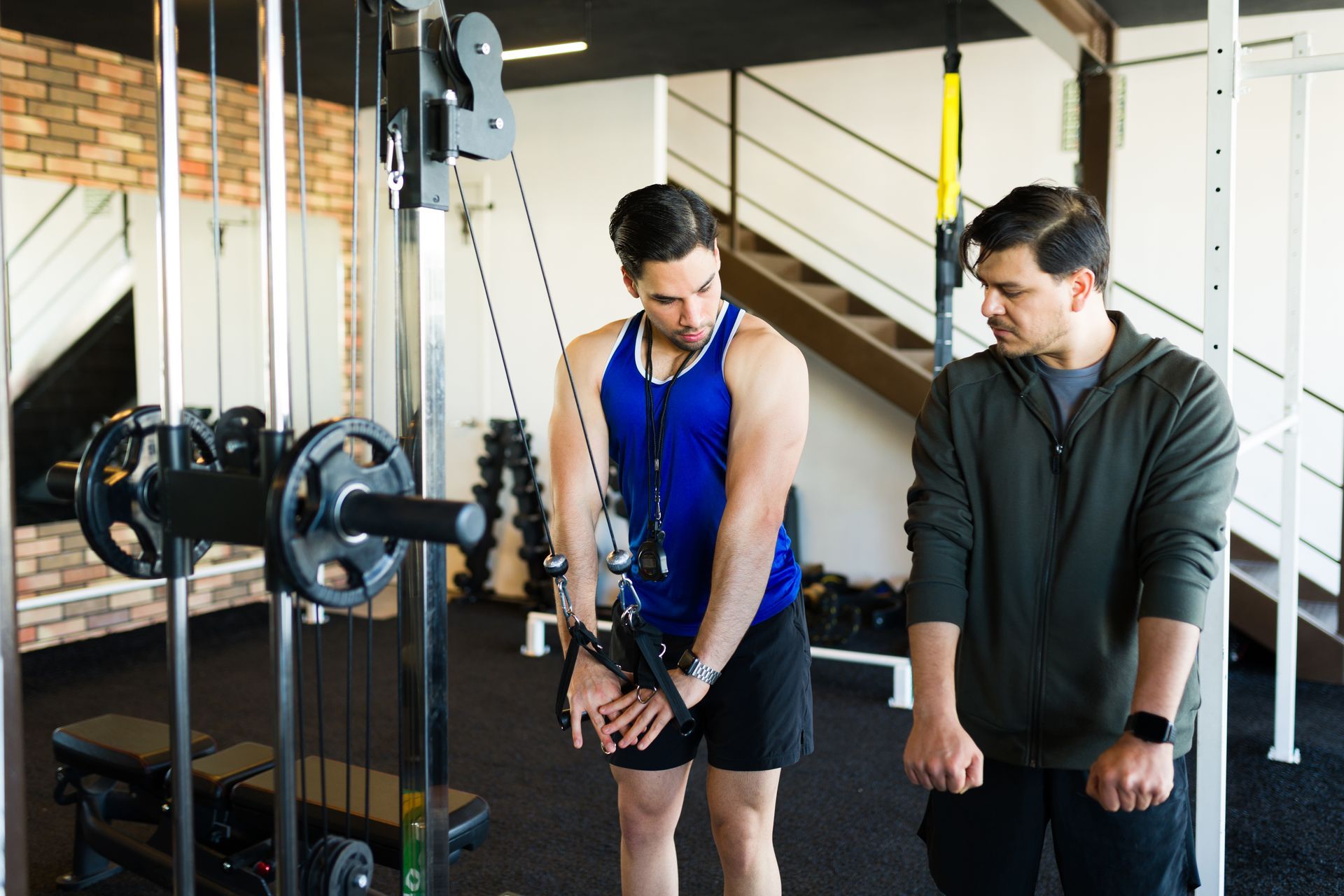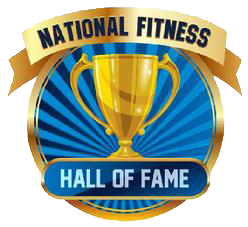November 27, 2023
30-Day Brain Boost Challenge
Unlock Your Cognitive Potential
In a rapidly evolving world, our cognitive abilities serve as the backbone for success, contentment, and sustained personal growth. However, modern lifestyles in cities like Nashville—filled with chronic stress, poor nutrition, and constant distractions—can inadvertently hamper our brain's performance and long-term health. That's where the 30-Day Brain Boost Challenge comes in, a carefully curated program designed to reset, rejuvenate, and rekindle your brain's potential. Whether you aim to sharpen your focus, improve memory, or simply cultivate a resilient mind, this challenge is the gateway to unlocking your cerebral prowess.
The Science Behind Brain Health & Longevity
Neuroplasticity: At the heart of our program is the principle of neuroplasticity—the brain's innate ability to form and reorganize synaptic connections, particularly in response to learning or experience. This adaptability ensures that our brain remains resilient and can evolve throughout our lives.
Nutrition's Role: As a personal trainer in Nashville, I emphasize nutrition's impact on brain health. Scientific evidence has consistently highlighted the significant impact of nutrition on brain health. Omega-3 fatty acids, antioxidants, and various other nutrients not only support cognitive function but also help combat oxidative stress, which can lead to neurodegenerative diseases.
The Sleep-Cognition Link: A cornerstone of cognitive health, quality sleep is paramount. Sleep doesn't just rest the body; it also consolidates memories, cleanses the brain of waste products, and ensures optimal cognitive functions.
Physical Activity and the Brain: Physical exercise does more than sculpt our physique; it's a boon for the brain. Cardiovascular activities, in particular, enhance blood flow to the brain, supporting neuron health and cognitive processes. Although my Nashville-based personal training emphasizes resistance training, I also make sure to include cardiovascular activities.
Mindfulness & Mental Resilience: In an age of constant stimuli, the practices of meditation and mindfulness serve as anchors. They not only foster focus and clarity but also bolster our emotional and psychological well-being.
Supplementation & Cognitive Enhancement: While a balanced diet remains foundational, certain supplements have shown promise in enhancing cognitive functions and potentially slowing down neurodegenerative processes.
Embarking on this journey, it's essential to remember that brain health isn't just about intellectual feats; it's intrinsically linked to our emotional well-being, social connections, and overall life quality. With a synergy of science-backed strategies and holistic practices, the 30-Day Brain Boost Challenge invites you to embrace a life where mental clarity, emotional balance, and cognitive excellence are the norms, not the exceptions. Welcome aboard!
Week 1: Building a Strong Foundation
Day 1-3: Nutrition Overhaul
Objective: Lay the groundwork for optimal brain health by redefining dietary habits. This aligns with the nutritional guidance provided in my Nashville personal training programs.
Action Steps:
Cleanse Your Pantry: Begin by eliminating processed foods, sugars, and unhealthy fats. Be diligent in reading ingredient lists, watching out for hidden sugars and trans fats.
Brain-Food First: Center your meals around brain-boosting whole foods. Incorporate lean proteins like chicken, turkey, and tofu, healthy fats such as avocados and nuts, and a rainbow of vegetables for a spectrum of nutrients.
Omega-3 Boost: These fatty acids are essential for brain health. Aim to consume fish like salmon, mackerel, or sardines twice a week. If you're vegetarian or vegan, flaxseeds, chia seeds, and walnuts are great alternatives.
Antioxidant Power: Start drinking green tea, which is rich in epigallocatechin gallate (EGCG), a potent antioxidant beneficial for the brain. Aim for 2-3 cups daily.
Day 4-7: Sleep Hygiene
Objective: A healthy sleep routine is a key focus in any personal training lifestyle. Prioritize restorative sleep, recognizing its profound impact on cognitive function and overall brain health.
Action Steps:
Consistency is Key: Our bodies thrive on routines. Set a specific time to go to bed and wake up, even on weekends. This establishes a strong circadian rhythm, aiding better sleep quality.
Pre-Sleep Rituals: Cultivate a calming bedtime routine to signal the brain it's time to wind down. This could be reading a light book, practicing deep breathing exercises, or engaging in a short meditation session.
Tech-Free Zone: The blue light emitted by phones, tablets, and laptops can hinder the production of melatonin, a hormone crucial for sleep. Aim to disconnect from electronic devices at least an hour before bedtime.
Optimal Sleep Environment: Ensure your bedroom is conducive to sleep. This might mean investing in blackout curtains, using earplugs if it's noisy, or utilizing a white-noise machine. The room's temperature should be on the cooler side for the best quality sleep.
Remember, this week is all about setting the stage for the transformative weeks ahead. By addressing nutrition and sleep – two foundational pillars of brain health – you're setting yourself up for success in the subsequent phases of this challenge.
Week 2: Physical and Mental Stimulation
Day 8-10: Cardiovascular Workouts
Objective: Like I mentioned above, engaging in daily cardiovascular activities is a staple in my Nashville personal training regimen, We are going to use it to boost brain function and mood by increasing blood flow and oxygen delivery.
Action Steps:
Daily Movement: Commit to 30 minutes of cardiovascular activity. It can be as simple as a brisk walk in your neighborhood, a refreshing jog in a local park, or a heart-pumping cycle session.
Interval Excellence: If you're feeling up to it, incorporate high-intensity interval training (HIIT) into your routine. By alternating between intense bouts of activity and periods of rest, HIIT can enhance cardiovascular benefits in a shorter timeframe.
Stay Hydrated: During your workouts, ensure you're drinking sufficient water. Hydration supports optimal brain function and helps in the removal of toxins.
Reflect and Connect: Use this active time to either disconnect from daily stresses, letting your mind wander, or listen to educational podcasts or audiobooks, turning exercise time into learning time.
Day 11-14: Cognitive Training
Objective: Challenge the brain to forge new connections, improve memory, and enhance cognitive agility. (As you can see, I like to implement a holistic approach to my personal training programs in Nashville.)
Action Steps:
Brain Games: Allocate at least 15 minutes each day to engage in activities that challenge your mind. This could be through puzzles like Sudoku or crosswords, or apps like Lumosity and Peak, designed specifically to train different facets of cognition.
Skill Acquisition: Begin a journey into a new skill or hobby. Whether it's picking up a musical instrument, trying your hand at painting, or diving into a new language, the act of learning boosts neural plasticity, fostering new connections in the brain.
Stay Curious: Curiosity keeps the brain young. Seek out topics or subjects outside of your usual interests and delve into them. This might be through documentaries, books, or online courses.
Mindful Moments: Amidst all the cognitive stimulation, set aside a few minutes for mindfulness or meditation. This practice can enhance focus, reduce stress, and bolster emotional well-being.
This week, you've embraced the synergy of body and mind. Physical activity not only fortifies the body but also lays the groundwork for mental acuity. And by challenging your brain, you're ensuring it remains sharp, adaptive, and vibrant.
Week 3: Mindfulness & Relaxation
Day 15-18: Meditation and Deep Breathing
Objective: Mirror some of the mindfulness practices I preach in my Nashville personal training sessions. Start some form of a personal mediation routine that cultivates inner calm, heightens focus, and emotional equilibrium.
Action Steps:
Starting Small: Begin with a 5-minute meditation session each morning or evening. In these first sessions, focus simply on your breathing, noticing the inhalation and exhalation, and gently bringing your mind back whenever it wanders.
Guidance is Golden: If you're new to meditation or find it challenging, use guided meditation tools. Apps like Headspace, Calm, or Insight Timer provide a plethora of guided sessions tailored to various goals, from stress reduction to gratitude cultivation.
Deep Breathing: Intersperse your day with moments of deep breathing. Take a break from work, sit comfortably, and spend a few minutes taking deep, measured breaths. This can act as a mini-reset for the mind.
Progression: As the days go by, challenge yourself to gradually increase your meditation time. Even adding a minute every other day can make a difference in building this valuable habit.
Day 19-21: Social Connectivity
Objective: Reinforce emotional well-being and cognitive health through meaningful interpersonal interactions. This is a component we value in our personal training community in Nashville.
Action Steps:
Intentional Interactions: Carve out time to catch up with a friend or family member, be it a phone call, a video chat, or an in-person coffee meetup. Social interactions can invigorate the mind and soul.
New Connections: Consider joining a club, organization, or group that aligns with your personal interests or passions. This not only allows you to learn and grow but also introduces you to like-minded individuals, expanding your social circle.
Quality Over Quantity: It's not about how many interactions you have but the depth and quality of those interactions. A meaningful conversation with a loved one can often be more enriching than several superficial chats.
Reflect on Relationships: Spend some time reflecting on your relationships. Are there any you'd like to strengthen? Any conflicts you'd like to resolve? Taking proactive steps in improving your interpersonal dynamics can enhance emotional well-being.
This week, you're delving deep into the realms of inner peace and external connections. Mindfulness practices, while inherently introspective, prepare you to engage with the world around you in a more meaningful, authentic manner. And in forging strong social bonds, you're nurturing both your heart and your brain.
Week 4: Supplements & Continued Growth
Day 22-24: Brain-Boosting Supplements
Objective: Augment your cognitive health through evidence-backed supplements. Whenever I recommend a supplement, I don’t do so haphazardly. I make sure they complement the nutritional advice provided in my Nashville personal training programs.
Action Steps:
Omega-3 Fatty Acids: If you're not getting enough Omega-3s from dietary sources like fatty fish, chia seeds, or flaxseeds, consider a high-quality fish oil or algae supplement. Omega-3s are known to support brain health, especially memory and mood.
Herbal Allies: Several herbs and natural supplements have shown promise in enhancing cognitive function. These include:
Ginkgo Biloba: Known for its potential in improving blood flow to the brain.
Bacopa Monnieri: Traditionally used to enhance cognitive function and memory.
Rhodiola Rosea: May help with focus, especially in stressful situations.
Safety First: Always consult with a healthcare professional or nutritionist before adding any new supplement to your routine, especially if you're on other medications.
Day 25-28: Limit Alcohol & Tobacco
Objective: Protect your brain from substances that can degrade its function over time. Obviously I’m going to emphasize a lifestyle that is consistent with the advice given by personal trainers.
Action Steps:
Mindful Drinking: If you consume alcohol, aim to do so in moderation. Red wine, in limited amounts, has been shown to offer some brain benefits due to its resveratrol content. However, excessive alcohol can harm cognitive function and memory.
Tobacco Transition: If you use tobacco, consider resources to cut back or quit. Smoking has been linked to a decline in cognitive function and an increased risk of dementia. Look into support groups, therapies, or nicotine replacement tools.
Day 29-30: Reflect & Plan Ahead
Objective: Acknowledge your month-long journey and set the stage for continued brain health, a strategy I advocate in my personal training sessions in Nashville.
Action Steps:
Journal Journey: Spend some time reflecting on the past month. Have you noticed a sharper focus? A brighter mood? Better recall? Journaling can help you recognize and celebrate the subtle shifts.
Long-Term Vision: Brain health is a lifelong journey. As this challenge concludes, think about how you can incorporate these habits into your everyday life. Maybe it's setting a reminder to meditate, joining a local walking group, or further exploring brain-boosting nutrition.
Stay Curious: The field of neurology is ever-evolving. Stay informed about new research, tools, or habits that can support your cognitive well-being.
As you close out this month, remember that every step taken, every change implemented, and every habit formed has been a gift to your brain. Celebrate your dedication and continue on this path of cognitive care and well-being.
Conclusion
As a dedicated Nashville personal trainer, I'm excited to guide you through this 30-Day Brain Boost Challenge. Remember, this journey is about enhancing your cognitive well-being and embracing a healthier lifestyle, both physically and mentally.
